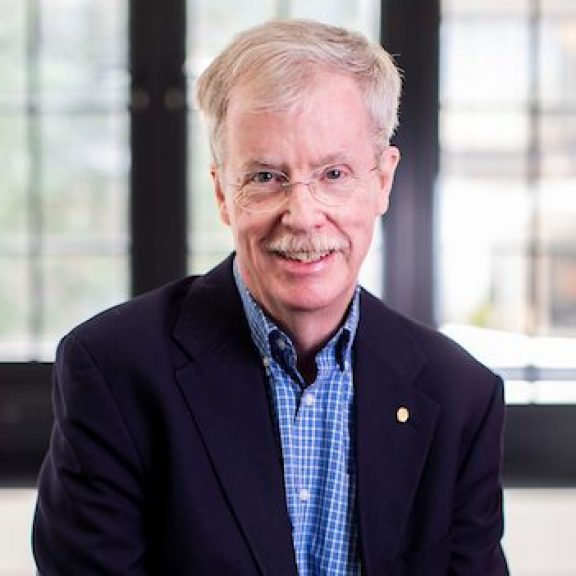Contact Info
Administrative Contact
Financial Contact
Specialization and Research Interests
Aerospace human factors and physiology, human-machine interfaces, manual and supervisory control, aircraft systems and automation, space telerobotics, spatial memory, mathematical models for spatial disorientation and motion sickness.
Teaching Interests
16.767 Introduction to Airline Transport Aircraft Systems and Automation; 16.459 Bioastronautics Journal Article Seminar; 16.430J Sensory-Neural Systems
Academic Degrees
B.S.E. 1966 Princeton University, Department of Aerospace and Mechanical Sciences
S.M. 1968 Massachusetts Institute of Technology, Department of Aeronautics and Astronautics
Ph.D. 1972 Massachusetts Institute of Technology, Department of Aeronautics and Astronautics
Society Memberships
Aerospace Medical Association, Aerospace Human Factors Association, Space Medicine Association, Human Factors and Ergonomics Society Barany Society (vestibular research), Society for Neuroscience, IEEE
Positions Held at MIT
Senior Research Engineer and Senior Lecturer, Department of Aeronautics and Astronautics, MIT; Director, Man Vehicle Laboratory (1992-2013); National Space Biomedical Research Institute, Sensorimotor Adaptation Research Team Leader (1996-2013); Helmholtz Associate Professor, Harvard-MIT Program in Health Sciences and Technology (1977-1979)
Positions Held outside MIT
National Space Biomedical Research Institute, Sensorimotor Adaptation Research Team Leader (1996-present); National Research Council Committee on Railroad Operational Safety
